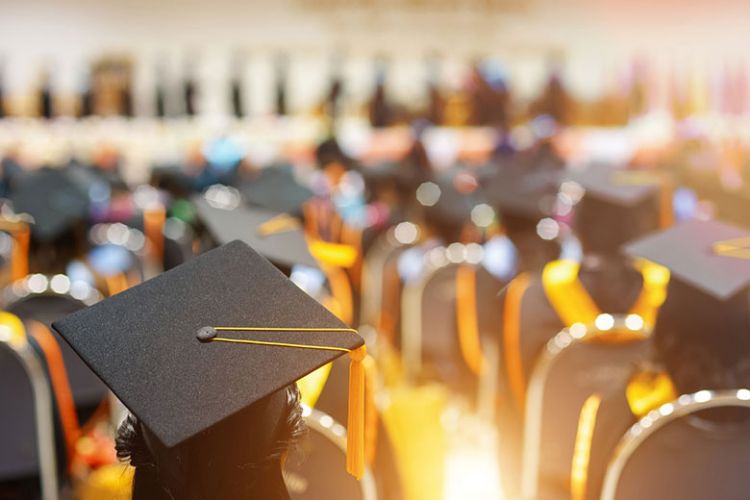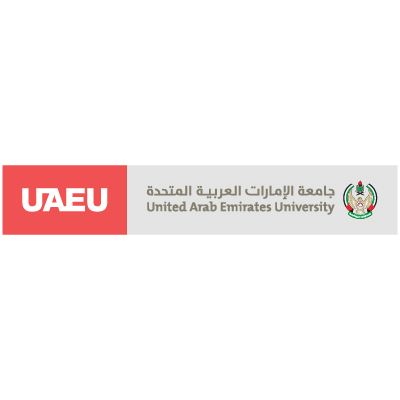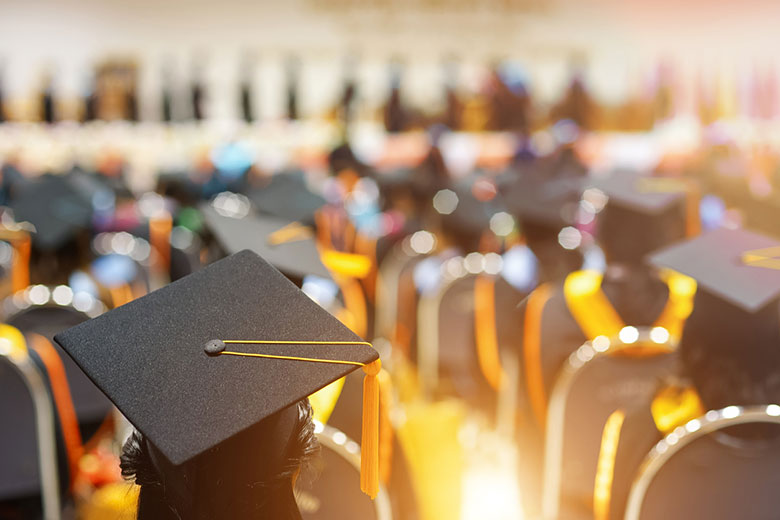How UAEU is preparing students for the workplace of tomorrow

Sponsored by

Sponsored by

Graduates are primed for employability and lifelong learning after a diverse and skills-focused education
When Saeed Al Dhaheri enrolled at United Arab Emirates University (UAEU) in 1982, he had a plan. His high school education had offered him the opportunity to pursue his undergraduate studies abroad, perhaps in the United States, but having grown up within a stone’s throw of UAEU’s campus in Al Ain, overseas study could wait. A quick conversation with the dean of UAEU’s newly opened engineering programme convinced him that his immediate academic future, pursuing his fascination with computers and electronics, lay at home.
This was a period of profound change for the United Arab Emirates. The country was investing heavily in infrastructure. It was flourishing. “I remember my colleagues and friends who studied with me finished their undergraduate programmes and found very good jobs,” he says. As Dr Al Dhaheri remembers it, there were elective modules to supplement the curriculum, but less pressure on graduates to diversify their studies. Employment beckoned either way.
For Dr Al Dhaheri, the undergraduate experience at UAEU was invaluable for a number of reasons. It brought together students from across the country, and had a strong sense of student community. His tutors were keen to present him with new potential avenues for study. “I asked them, ‘Now, I am studying electrical engineering. What do you advise me to do if I want to really apply what I have learned?’ And I got some really great advice,” he says. “They pointed me to the area of biology and medicine, which is really very close to the area of electrical engineering, where you find electrical engineers involved for the designing of systems or technologies to help people with disabilities, to process some of the signals that we are receiving from the human body. The more I read about that area, the more I was attracted towards it.”
The UAEU electrical engineering department arranged an internship programme, sending Dr Al Dhaheri first to France, to work in a factory that produced printed circuit boards, and then a 40-day internship at Etisalat, the main telephone provider in the UAE. “It was really a wonderful experience for me,” he says. “To work in the industry, and not just get the theoretical knowledge but to look at the practical part as well. To look at some of the challenges that the real world faces, and to be able to work and get experience from the industry.”
By now, Dr Al Dhaheri’s plan entered its final phase. UAEU was offering scholarships for students to pursue their postgraduate studies overseas, on the condition they return to the university in a teaching role. After undertaking his master’s in biomedical engineering at George Washington University, in Washington DC, and completing his PhD at Drexel University in Philadelphia, he returned as a teaching assistant in the mid-1990s.
Dr Al Dhaheri notes that his experiences as an undergraduate student are quite different to those of today’s, where undergraduate students now incorporate more vocational skills at an earlier stage in their education. Jamila Al Hammadi, a graduate of UAEU’s mass communications programme and a journalist working at Al Ain News Portal, agrees. Ms Al Hammadi enrolled in 2009 and encountered a learning environment that was progressive, interdisciplinary, and focused on preparing its students for the workplace.
“I think the university life and all the work I did at university – like shooting video, interviews – I now do it at work,” she says.
Ms Al Hammadi cites extra-curricular activities such the university’s clubs and societies, inter-institution competitions and international student exchange programmes as an invaluable resource for accruing the skills she needs as a journalist. “You get more opportunities to travel,” she says. “I travelled to South Korea. I also travelled to Oman. UAE University has different relationships with different countries. At UAEU, you have students from many different countries – from Korea, Japan, Sudan, so many countries – and so it is a good way to get to know people of different cultures. I am proud to graduate from UAE University.”
There is a strong a culture of opportunity at UAEU, where faculty support students as they follow their academic interests and passions for learning. Ms Al Hammadi studied mass communications but also art, taking electives in Arabic cinema, and being encouraged to make the connections between art and filmmaking.
“When I joined my mass communication programme, I said, ‘I want to be a director…I should shoot lots of footage for films and videos, and do something different,’” she says. “I got a lot of support from the teachers, and it developed my skills in photography and directing, and how to shoot film.”
Ms Al Hammadi entered many competitions, winning first prize in a 2013 fine art competition held in Saudi Arabia – her painting was submitted on her behalf, by her tutor. “I had mid-terms and I didn’t attempt a new painting, but my teacher sent this painting and I was so excited and grateful for that opportunity,” she says.
Such experiences help students build confidence and develop skillsets that will stand them in good stead for a labour market augmented by technology and fast-evolving demands from employers. Dr Al Dhaheri sees this as having a “growth mindset,” a sensibility that higher education must develop in its students to prepare them for future challenges. He believes today’s educators must enhance “the social and emotional skills of the students through critical thinking and problem-solving skills.” Leadership skills should be prioritised.
Dr Al Dhaheri notes that, in his experience, such an approach enables a close relationship between a university and its alumni, which can help institutions perpetuate knowledge transfer between graduate and undergraduate. Crucially, this must be underpinned by a curriculum with an interdisciplinary focus. “You need to make a coherent framework for what you learn and how you can apply that in various different areas,” he says. “This is what life is all about. Life is all about challenges.”
Find out more about working at UAEU.
